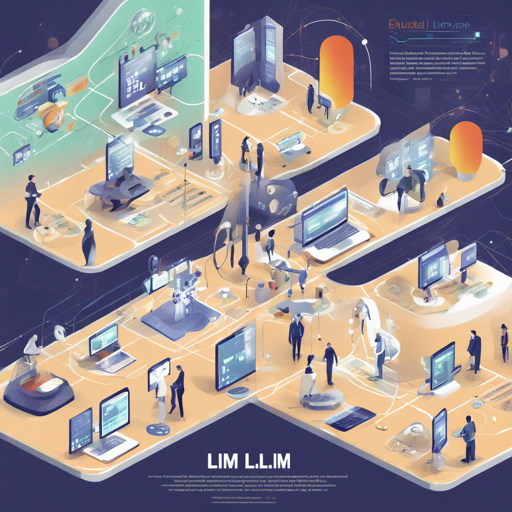With the rapid advancements in the DevAI community, developers are in a whirlwind of options when it comes to selecting the most fitting large language models (LLMs) for their coding tasks. This blog aims to guide you through the plethora of available models and simplify your decision-making process.
Getting Started: What LLMs Are Available?
The world of LLMs is vast and varied. Here, we’ll focus on the models that are garnering significant attention in the coding community. You can find a CSV file listing comprehensive information about these models here.

How to Decide on an LLM
- Open-source vs. Commercial:
- Open-source: Ideal if you want to maintain control over your code, manage costs, and optimize the whole process without constraints.
- Commercial: Best if you’re seeking high performance, ease of setup, and don’t mind a bit of external dependency.
- Local Setup vs. Hosted Provider:
- Local Machine: Suitable for free usage and offline capabilities, given you have sufficient memory.
- Hosted Provider: Efficient if you aim for multiple users or lack local resources.
For further information on deploying an open-source code LLM for your team, check out our guide here.
Popular Open-source LLMs
As of October 2023, here’s a curated list of the most popular open-source models that developers are currently using:
- Code Llama: Developed by Meta, it’s perfect for code generation and discussion.
- WizardCoder: Built on Code Llama, it’s tailored for instruction-based coding tasks.
- Phind-CodeLlama: Fine-tuned with a proprietary dataset, excelling in coding tasks.
- Mistral: A versatile model that performs well on both code and language tasks.
- StarCoder: A powerful 15B parameter model with broad language support.
- DeepSeek Coder: The newest on the list, trained on an extensive dataset.
- Llama 2: Despite some limitations in code editing, it’s popular due to its foundational model.
Commercial LLMs You Should Consider
For those considering commercial options, these are the leading models as of October 2023:
- GPT-4: The gold standard for coding, popular yet pricey.
- GPT-4 Turbo: An economical and faster alternative to GPT-4.
- GPT-3.5 Turbo: While it’s cheaper and faster, its suggestions may not be as effective.
- Claude 2: Noteworthy for its contextual understanding in coding.
- PaLM 2: Google’s model currently in public preview, requiring API access.
Troubleshooting Your LLM Selection
Selecting the right LLM can be daunting. Here are some tips to help navigate common challenges:
- If your chosen model is underperforming, assess your hardware specifications and consider moving to a hosted provider.
- Ensure you are familiar with memory requirements for your selected model to prevent crashes or slow-downs.
- Experiment with multiple models to find the best fit for your specific coding needs.
- Consult community forums for shared experiences and solutions; they can be valuable resources!
For more insights, updates, or to collaborate on AI development projects, stay connected with fxis.ai.
At fxis.ai, we believe that such advancements are crucial for the future of AI, as they enable more comprehensive and effective solutions. Our team is continually exploring new methodologies to push the envelope in artificial intelligence, ensuring that our clients benefit from the latest technological innovations.
Conclusion
Choosing the right LLM in the DevAI space doesn’t have to be overwhelming. With a clear understanding of your needs and the options available, you can make a wise choice that will propel your coding capabilities forward.

